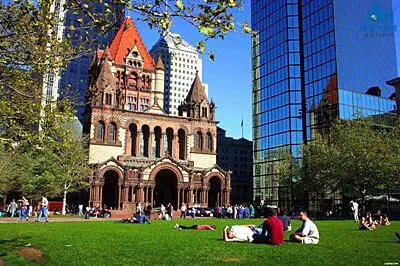Activists of banned charity Jamaat-ud-Dawa shout anti-India slogans during a protest against the execution of Kashmiri separatist Mohammed Afzal Guru in the Indian capital New Delhi, in southern Pakistani port city of Karachi on Feb. 9, 2013. A Kashmiri separatist was executed Saturday over his role in a deadly attack on parliament in New Delhi in 2001. Hundreds of protesters on Saturday rallied in Muzaffarabad, the capital of Pakistan-administered Kashmir, to condemn the execution of a Kashmiri separatist in India.(Xinhua/Arshad)
Violent clashes and protests broke out in Indian-controlled Kashmir Saturday over the execution of Indian parliament attack convict Mohammed Afzal Guru, officials said.
The clashes broke out in Sopore and Baramulla towns, northwest of Srinagar city, the summer capital of Indian-controlled Kashmir.
Indian authorities Saturday morning hanged Guru to death in Tihar jail of New Delhi.Though authorities imposed curfew restrictions, people defied the restrictions and clashed with police. Reports said at least six people were injured in these clashes. "There are reports that clashes took place in Sopore and Baramulla," said a senior police officer. "Situation is under control." Officials have blocked the internet service on mobile phones and data cards and snapped the cable TV network service in the region. It has also announced postponement of University examinations. Indian army has been deployed in Doabagah village of Sopore, the residential village of Guru, around 52 km northwest of Srinagar. More than 200 people mostly neighbors had assembled at Guru's house despite police restrictions. Police had to fire warning shots in air to disperse the people trying to march towards Guru' s village, residents said.
Guru is survived by his wife Tabusum and 12-year-old son Ghalib.
An independent pro-India lawmaker Abdul Rashid Sheikh was arrested after he tried to stage demonstrations against Guru's hanging in Handwara town of frontier Kupwara district. Sheikh two years back submitted a resolution in the region's law making body seeking amnesty on 'humanitarian grounds' to Guru.
Hours ahead of his execution, authorities in Muslim majority areas of Indian-controlled Kashmir including the capital city- Srinagar imposed an indefinite and strict curfew fearing violent protests and clashes. The restrictions are being enforced by hundreds of policemen and India's paramilitary Central Reserve Police Force (CRPF) personnel deployed in full-riot gears.
These men laid concertina wire and barricades on the roads in major towns to restrict movement of people.
The region's Chief Minister Omar Abdullah Saturday made an appeal for calm to the people. Guru, a Kashmiri resident was convicted by Indian authorities for his role in the December 2001 attack on India's Parliament house, which killed several Indian security personnel and five attackers. He was sentenced to death in 2004 by Indian Supreme Court. The sentence was supposed to have been carried out on Oct 20, 2006. However, the sentence was stayed after Guru's wife filed a mercy petition.
The attack on India parliament then brought the two nuclear neighborsIndia and Pakistan almost at the brink of war with each other.
Officials in New Delhi said Indian President rejected Guru's mercy petition on Feb. 3 and thereafter decision for his hanging was reached out.
A guerrilla war is also going on between militants and the Indian troops stationed in the region since 1989. The gunfight between militants and Indian troopers in Indian-controlled Kashmir takes place intermittently.
 简体中文
简体中文





